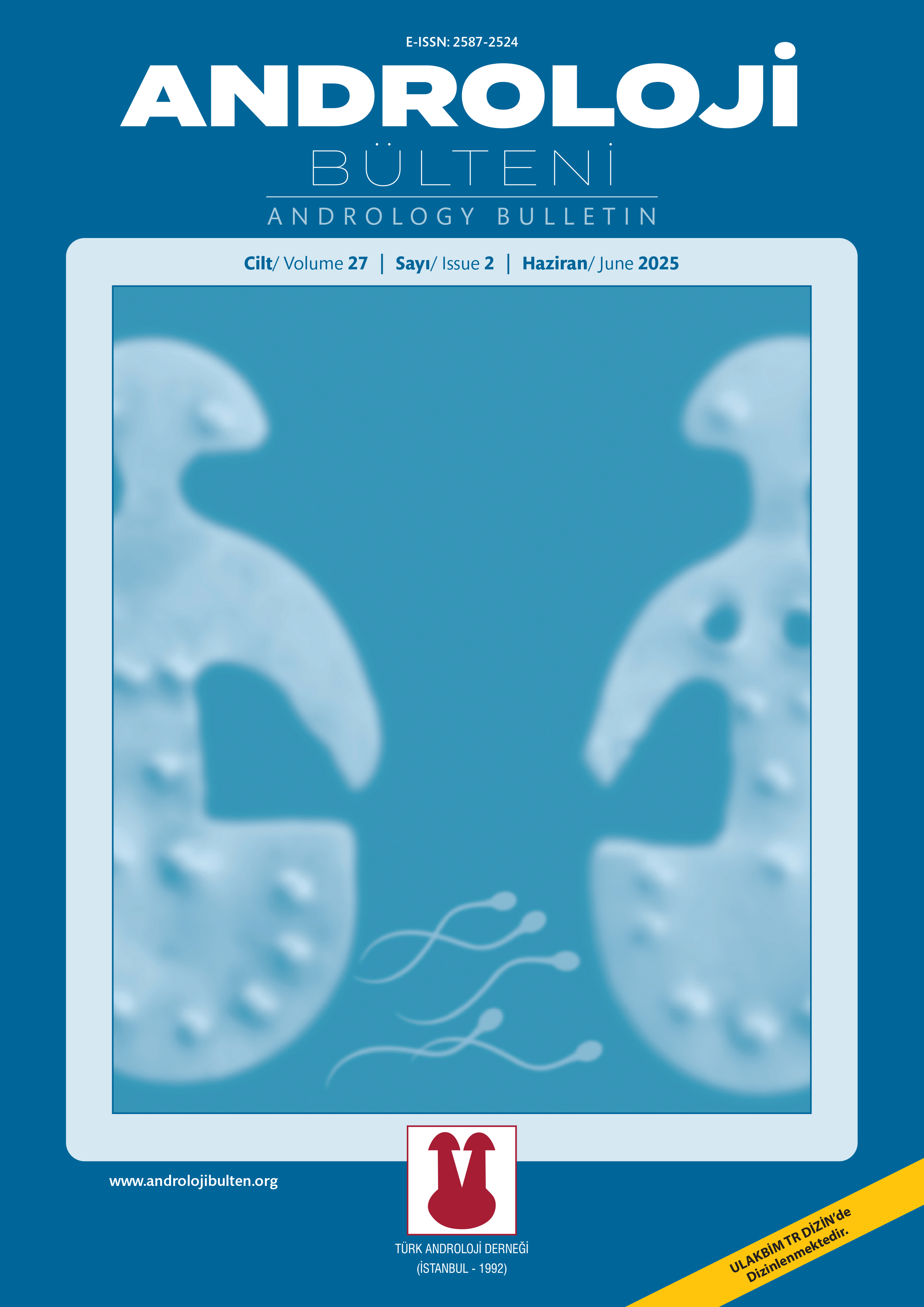
Bu derginin içeriği Creative Commons Atıf-GayriTicari 4.0 Uluslararası Lisansı kapsamında lisanslanmıştır.
Yardımcı üreme tekniklerinde yasal durum ve etik sorunlar
Hilal Gül Boyraz1, Hatice Nur Nefes2, Ebru Aydın2, Nülüfer Erbil11Ordu Üniversitesi Sağlık Bilimleri Fakültesi, Hemşirelik Bölümü, Doğum ve Kadın Hastalıkları Hemşireliği Anabilim Dalı, Ordu, Türkiye2Ordu Üniversitesi Sağlık Bilimleri Enstitüsü, Doğum ve Kadın Hastalıkları Hemşireliği Anabilim Dalı, Ordu, Türkiye
İnfertilite, çiftleri psikolojik olarak tehdit eden, stresli, acı veren ve ekonomik yük getiren bir sorundur ve aile ile toplumu etkileyebilen sosyal bir problem haline gelebilmektedir. İnfertilite, primer veya sekonder infertilite olarak gelişebilmekte, ruhsal ve cinsel sorunlara neden olabilmekte, yaşam kalitesini etkileyebilmektedir. İnfertil çiftlerde üreme hücrelerinin ya da embriyoların işlenmesini içeren yardımcı üreme teknikleri ile birçok gebelik meydana gelmiştir. Teknoloji ve tıbbın ilerlemesi ile çeşitli yardımcı üreme teknikleri geliştirilmiştir. Türk hukukunda, yardımcı üreme teknikleri, evlilik ilişkisi içerisinde yapılması durumunda hukuka aykırılık bulunmamakta, üçüncü kişinin veya kişilerin sürece dâhil olması reddedilmektedir. Yaşamın başlangıcı ve insanlığın varoluşunun temelindeki tıbbi müdahaleler hassas ve çok boyutlu olduğundan yardımcı üreme teknikleri beraberinde birçok etik soruna neden olmaktadır. Yardımcı üreme teknikleri ulusal ve uluslararası düzeyde tartışılmakta, bilimsel ve kültürel farklılıklar nedeniyle ülkeler arasında değişim göstermektedir. Hemşirelerin, infertil çiftlerin değerlendirilmesi, planlanan tedavinin uygulanması, vaka yöneticiliği ve hasta savunuculuğu gibi sorumlulukları bulunmaktadır.
Anahtar Kelimeler: yardımcı üreme teknikleri, infertilite, etik, yasal durumLegal status and ethical issues in assisted reproductive techniques
Hilal Gül Boyraz1, Hatice Nur Nefes2, Ebru Aydın2, Nülüfer Erbil11Faculty of Health Sciences, Department of Nursing, Department of Obstetrics and Gynecology Nursing, Ordu, Turkey2Ordu University Institute of Health Sciences,Department of Obstetrics and Gynecology Nursing, Ordu, Turkey
Infertility is a psychologically threatening, stressful, painful and economic problem for couples and can become a social problem that can affect the family and society. Infertility can develop as primary or secondary infertility, cause mental and sexual problems, and affect quality of life. Many pregnancies have occurred in infertile couples with assisted reproductive techniques, which include processing reproductive cells or embryos. With the advancement of technology and medicine, assisted reproductive techniques have been developed. In Turkish law, there is no illegality in assisted reproductive techniques in the case of marriage, and the involvement of a third person or persons in the process is rejected. Since the medical interventions on the basis of the beginning of life and the existence of humanity are sensitive and multidimensional, assisted reproductive techniques also cause many ethical problems. Assisted reproductive techniques are discussed at the national and international level and vary between countries due to scientific and cultural differences. Nurses have responsibilities such as evaluation of infertile couples, implementation of the planned treatment, case management and patient advocacy
Keywords: assisted reproductive techniques, infertility, ethics, legal statusMakale Dili: Türkçe
(1736 kere indirildi)













